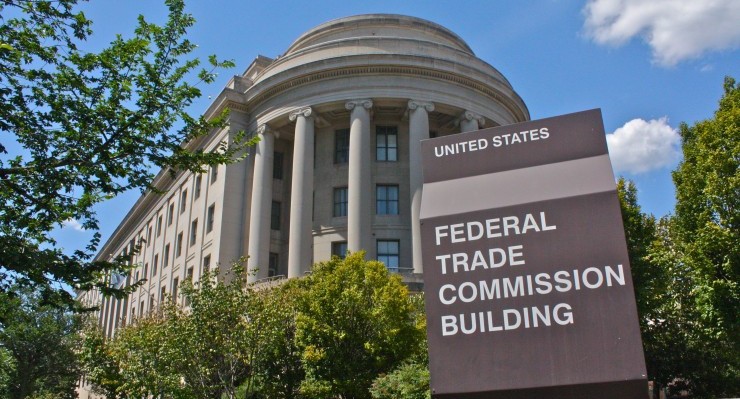U.S. Senator Chuck Schumer (D-NY) recently introduced the Marijuana Freedom and Opportunity Act, legislation attempting to decriminalize marijuana at the federal level. If passed, the bill would remove marijuana from the list of scheduled substances and provide states with the ability to implement their own marijuana laws.
The Controlled Substances Act categorizes substances according to how dangerous and addictive they purportedly are. Marijuana is considered a Schedule I substance. However, approximately nine states and Washington D.C. have legalized the recreational use of marijuana, while approximately thirty states have legalized medical use.
“The new Marijuana Freedom and Opportunity Act is about giving states the freedom to be the laboratories that they should be and giving Americans—especially women and minority business owners as well as those convicted of simple possession of marijuana intended for personal use—the opportunity to succeed in today’s economy,” states Schumer.
A study recently released by the New York Department of Health recommends legalizing adult usage of marijuana. The study is entitled “Assessment of the Potential Impact of Regulated Marijuana in New York State” and concludes that regulating marijuana may lead to a reduction in the use of synthetic cannabinoids, reduce incarceration of racial and ethnic minority communities, create jobs and generate long-term cost savings.
The MFOA not only seeks to decriminalize marijuana use, it provides tax revenue to the SBA and broad research funding. The bill also maintains anti-trafficking authority and marijuana advertising regulations.
According to FTC defense and compliance lawyer Richard B. Newman, until 2018 the Department of Justice informally recognized that, with some exception (e.g., money laundering), marijuana-related activities that were legal under state law might not be subject to prosecution under the Controlled Substances Act. The Financial Crimes Enforcement Network recently ) issued guidance regarding how financial institutions can provide services to such businesses.
In June 2018 and in response to growing concerns regarding the provision of financial services to marijuana-related business activities, Senators Cory Gardner and Elizabeth Warren introduced the “Strengthening the Tenth Amendment Through Entrusting States Act” (Senate Bill 3032 and H.R. 6043). The States Act would amend the Controlled Substances Act, with some exceptions, by exempting from its scope any person engaged in the manufacture, production, possession, distribution, dispensation, administration or delivery of marijuana in compliance with applicable state law.
Importantly, the States Act provides that funds derived from marijuana-related activities that are conducted in compliance with applicable state law shall not be deemed to be the proceeds of an unlawful transaction under the federal money laundering statutes.
The bills may have bipartisan congressional, and potentially presidential, support. Whether the bill passes or not, one thing is clear. States’ ability to regulate marijuana use appears to be the new direction and the proposed legislation signals recognition that the legal framework applicable to marijuana use and related business activities must be clarified.
Richard Newman is a digital marketing and compliance attorney at Hinch Newman LLP. Follow him on Facebook and LinkedIn.
Informational purposes only. Not legal advice. Always seek the advice of an attorney. Previous case results do not guarantee similar future result. Hinch Newman LLP | 40 Wall St., 35th Floor, New York, NY 10005 | (212) 756-8777
ADVERTISING MATERIAL




